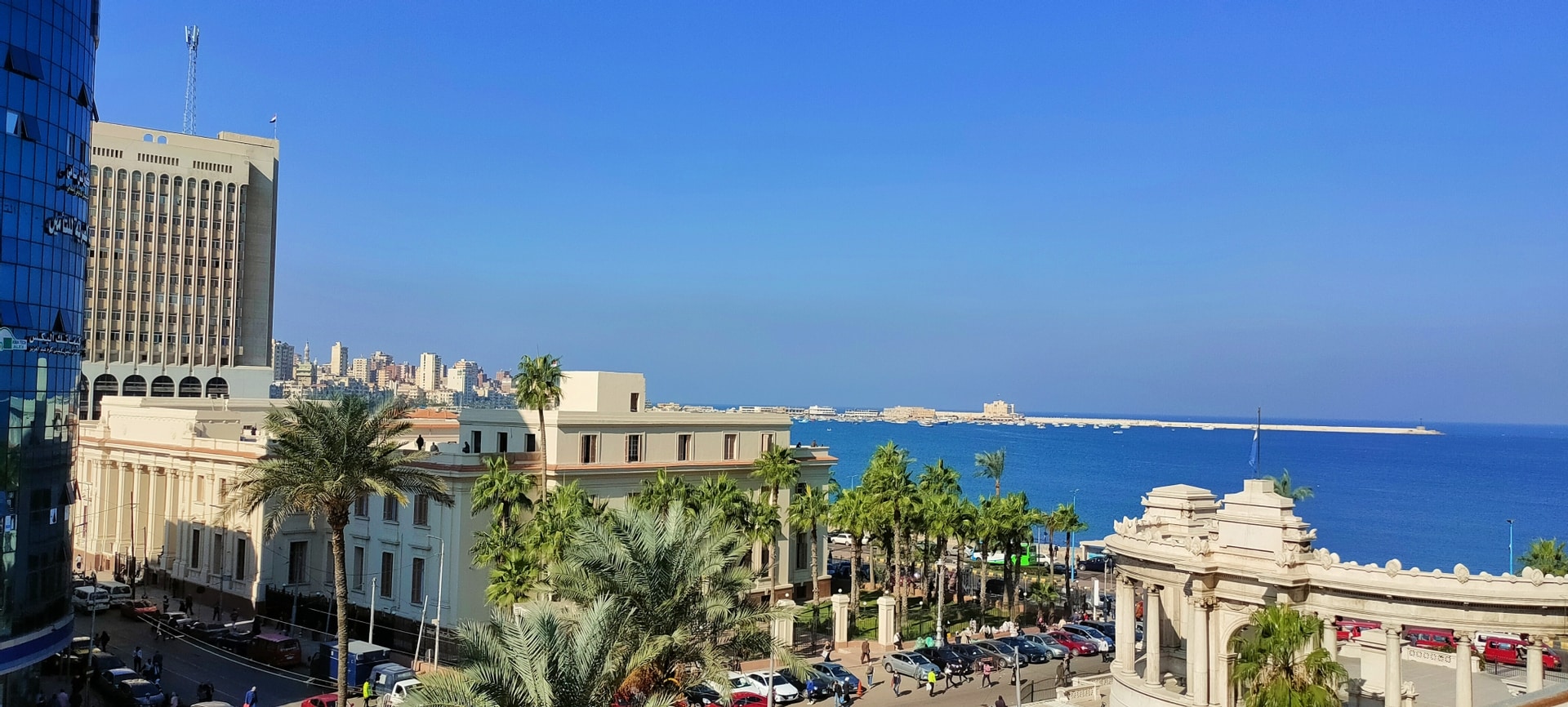Since 2021, Kigali has hosted the Basketball African League (BAL) playoffs, garnering coverage from international media and reinforcing Rwanda’s playbook of using sports tourism to promote its country as a desirable destination.
But this framework wasn’t entirely new. In 2018, the country brought the Visit Rwanda campaign into global consciousness by branding the Arsenal FC kit with the logo.
Beyond football and basketball, Kigali will also host this year’s UCI Road World Championship from September 21st to 28th, and Rwanda aspires to bring the Formula 1 Grand Prix to Africa.
At first glance, it might seem that the eastern African country is leading the sports tourism conversation, but a closer look suggests more nations have similar twofold templates.
The Comrade Marathon in South Africa reportedly raised R550 million (~$32 million), according to Tourism KwaZulu-Natal. Over 2,000 runners, accompanied by their families from 84 countries worldwide, attended the event in 2023. Local hostels, restaurants, transport services, and retail businesses recorded increases in demand as a result.
In West Africa, Côte d’Ivoire also charted a course toward strengthening tourism and business travel after investing about €762 million ($891 million) ahead of 2023’s AFCON for the construction of new stadiums and to ensure road connectivity.
Meanwhile, Morocco is preparing to co-host the 2030 FIFA World Cup alongside Spain and Portugal, targeting 26 million visitors, with a projection of $5 billion in expenditure.
Evidently, African nations are showing a greater commitment to funding regional sporting events and hosting global tournaments as a way to draw broader attention to the continent’s hospitality sector and local businesses.
However, this shift invites certain questions. One might ask: How sustainable are these ventures beyond sporting occasions? Are they designed for long-term use or simply for momentary purposes?
Sports tourism on a global scale
Major sporting events attract huge crowds and can contribute significantly to the tourism and economic growth of the host territories. Here are some compelling global benchmarks:
- The global sports industry was worth close to $600 billion in 2022 and is projected to reach over $2,100 billion by 2030, seeing a compound annual growth rate (CAGR) of 17.5% from 2023 to 2030.
- At the 2010 FIFA World Cup, South Africa received over three hundred thousand guests (PDF) in the country for the tournament. This contributed a R3.6 billion (then $468 million) boost to the country’s economy.
- The 2012 London Olympics bolstered tourism in Great Britain and generated thousands of jobs through games-related projects during the worst global recession in over 60 years. Poverty and social exclusion rates (PDF) were also reduced in six host locations.
These cases indicate two things: first, strategic planning and long-term/legacy use of venues (e.g., London’s extensive renovation of the Olympic Park) can contribute to sustained economic growth.
Secondly, expenditure can outweigh revenue when events leave behind costly, underutilised infrastructure. Athens 2004 remains a cautionary tale here: modern transport facilities were acquired, and a city centre was renovated; however, the post-Olympic era saw several infrastructures underused and abandoned, highlighting a case of untapped opportunities.
The Basketball Africa League: A new model
Not many African countries have embraced sports as a platform for rebranding and tourism as aggressively as Rwanda. The country’s partnership with the NBA’s BAL exemplifies one key aspect of this twofold strategy.
Multiple BAL events, as highlighted earlier, have taken place in Kigali since 2021, including the annual playoffs at the BK Arena. This 10-000-capacity venue was built in 2019, reportedly drawing $104 million in construction investment.
The BAL has used the venue, alongside Senegal’s 15,000-seater Dakar Arena, SunBet Arena in Pretoria, and Hassan Moustafa Sports Hall in Cairo, for its annual tournaments.
In addition to basketball games, the BK Arena also hosts international concerts and entertainment events. Sitting some kilometres away from the Kigali Innovation City, it is part of the joint-use tech and tourism district, endorsed by the Rwandan Government.
Furthermore, the Visit Rwanda campaign, commissioned in 2018 and currently branded on the kits of PSG, Arsenal, and Bayern Munich, visually transmits this effort to a wider audience. As per Rwanda Development Board (RDB) data (PDF), the country gained $455 million in revenue in 2022, up from $164 million the previous year. In 2023, this figure rose to $620 million, after the country received more than 1.4 million visitors.
No data has been published to distinguish BAL’s precise share of the tourism proceeds for 2022 and 2023. However, Clare Akamanzi, RDB chair, stated that the country made over $9.1 million through BAL during its first two seasons hosted in Kigali. This earning was generated via hotel bookings, travel, and other services.
Rwanda’s Chief Tourism Officer, Michaella Rugwizangoga, noted that the BAL has been instrumental in the flourishing of tourism in the country, “attracting sports enthusiasts and international visitors to experience [the nation’s] vibrant culture, breathtaking landscapes and hospitality”.
A sustainable sports-tourism strategy
Embracing sports as a vehicle for economic prosperity comes with adopting an inclusive approach. It is one thing for tournaments like AFCON or the BAL to generate excitement and visibility, but another for them to surpass the occasional flair and produce lasting significance.
Key recommendations include:
- Multipurpose infrastructure: Stadiums and areas should be constructed for year-round usage. They can host local leagues, youth programmes, and cultural or entertainment events. Kigali’s BK Arena exemplifies this model, welcoming concerts, conferences, and basketball games.
- SME inclusion and vendor integration: Governments should develop structured vendor zones and licensing systems that would enable local businesses to participate during tournaments as stakeholders. This strategy would ensure the partnership of governing bodies and local small business owners, who would also be direct beneficiaries of these events.
- Data transparency and impact tracking: When host countries make celebratory headlines, they must also publish comprehensive and consistent data on factors including job creation, visitor spending, and local business revenue to reflect actual results and numbers. The London 2012 Olympics full report, for example, was published online in 2013, detailing how objectives were met, finances were handled, and budgets were balanced, among other things.
- Local workforce training: Tourism is a labour-intensive industry. Investment in hospitality and event management training of local personnel must be prioritised over international contractors or imported talent. The Rwandan Government, for instance, endorses public and private education to provide professional lessons to students, preparing them for the labour market and sectors such as tourism.
- Strengthening the domestic calendar: African club football and basketball leagues can become destinations in their own right. A consistent local sports ecosystem, as opposed to occasional buzz around tournaments, could favour tourism.
Vitally, policy plays a key role in unlocking the potential of sports tourism. While sports tournaments demand huge upfront investment, countries that infuse sports tourism into their national development plans are well-positioned for sustained growth, provided proper measures are in place.







